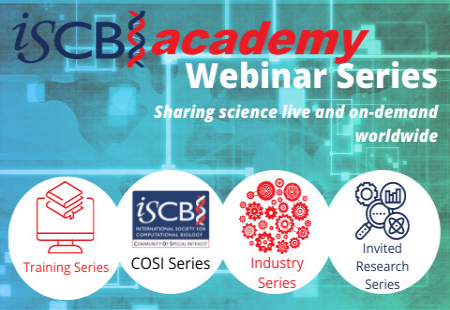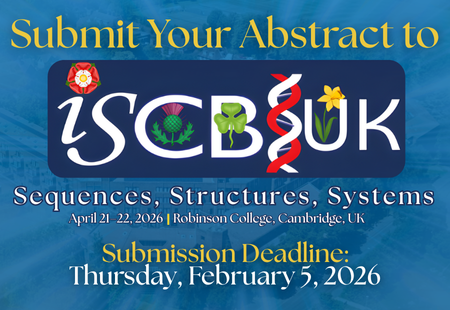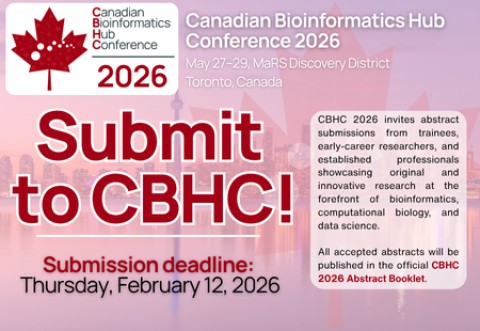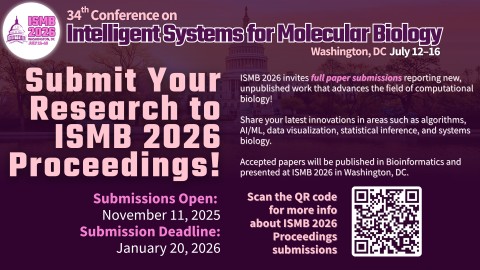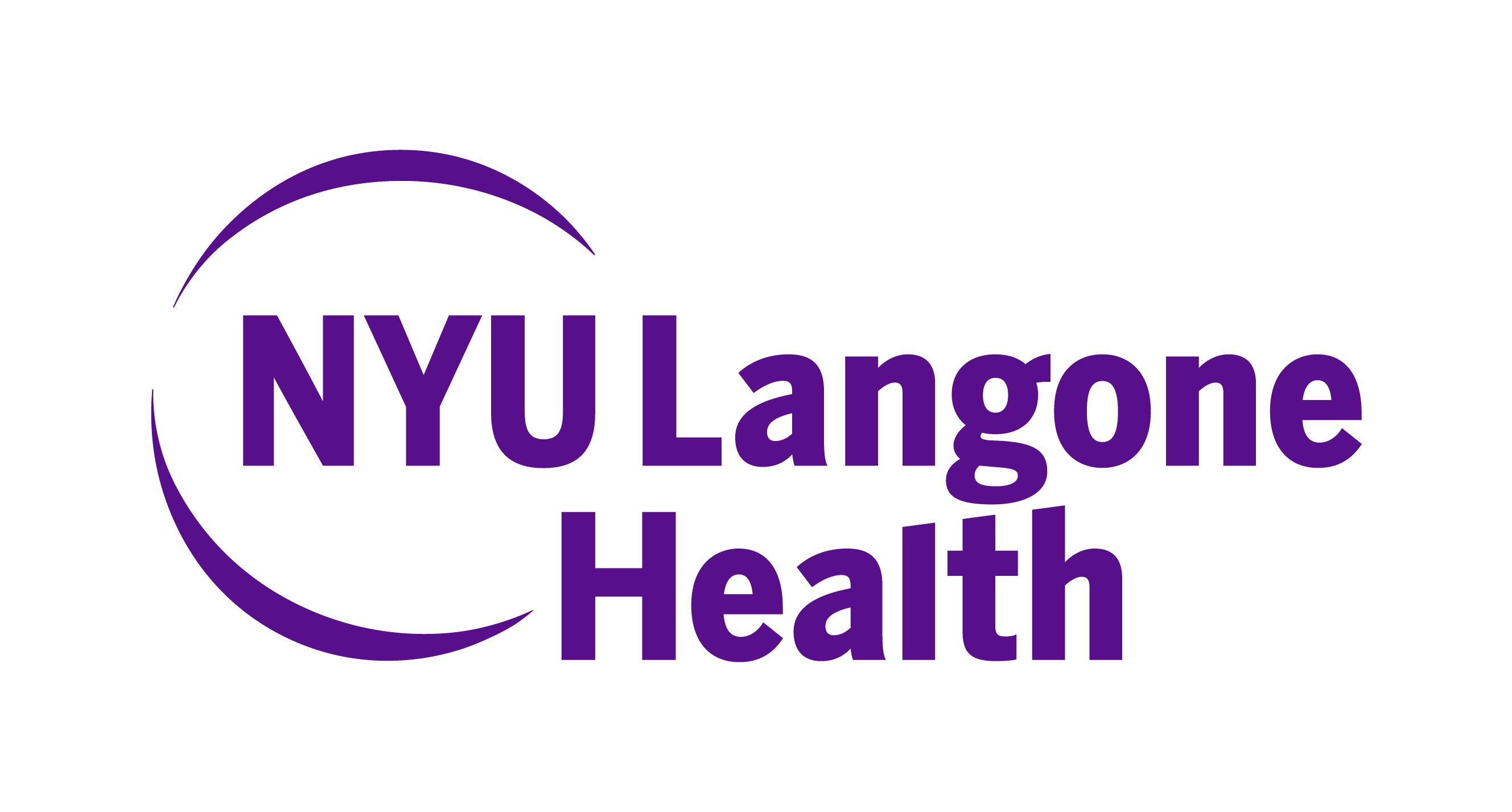TALKS SCHEDULE
Links within this page*: DREAM Schedule | RSG Schedule
*Proposed Programs. Agendas subject to change.
DREAM Schedule |
||
| Saturday - Day 1 – December 8, 2018 | ||
| Go directly to: Sunday, Dec 9 - Monday, Dec 10 | ||
| START TIME |
END TIME |
SESSION TYPE |
| 8:00 am | 5:00 pm | REGISTRATION |
| 8:40 am | 9:00 am | Welcome and Introductory Remarks. Pablo Meyer and Gustavo Stolovitzky |
| Challenges Papers | ||
| 9:00 am | 9:15 am | Mi Yang Target functional similarity based workflows for drug synergy prediction and stratification |
| 9:15 am | 9:30 am | Lenore Cowen The Disease Module Identification DREAM Challenge: An Update |
| 9:30 am | 9:45 am | Michael Banf Enhancing gene regulatory network inference through data integration with markov random fields |
| 9:45 am | 10:25 am | Keynote - Daphne Koller A fireside chat |
| 10:25 am | 10:55 am | Coffee Break with Posters |
| Challenge Updates | ||
| 10:55 am | 11:10 am | Andrew Gentles Tumor Deconvolution DREAM Challenge |
| 11:10 am | 11:25 am | Pei Wang A precision FDA NCI-CPTAC Multiomics Mislabeling Challenge |
| 11:25 am | 11:40 am | Geoffrey Siwo Malaria Challenge |
| 11:40 am | 11:55 am | Anna Cichonska IDG-DREAM Drug-Kinase Binding Prediction Challenge |
| 11:55 am | 12:40 pm | The Challenge of Imaging Challenges: A Panel Discussion |
| 12:40 pm | 2:25 pm | Lunch on Own |
| Multi-Targeting Drug DREAM Challenge | ||
| 2:25 pm | 3:05 pm | Keynote - Ross Cagan A Fly DREAM |
| 3:05 pm | 3:25 pm | Challenge Overview Talk |
| 3:25 pm | 3:45 pm | Best Performance Talk |
| 3:45 pm | 4:05 pm | Best Performance Talk |
| 4:05 pm | 4:35 pm | Coffee Break with Posters |
| Single-Cell Transcriptomics Challenge | ||
| 4:35 pm | 4:55 pm | Shibiao Wan Hyper-fast and accurate processing of large-scale single-cell transcriptomics data via ensemble random projection |
| 4:55 pm | 5:15 pm | Single-Cell Transcriptomics Overview: Nikolaus Rajewsly |
| 5:15 pm | 5:20 pm | Best Performer Announcements |
| 5:20 pm | 5:40 pm | Best Performer Talk 1 |
| 5:40 pm | 6:00 pm | Best Performer Talk 2 |
| 6:00 pm | 7:00 pm | Dream Reception and Posters |
| 7:00 pm | Adjourn | |
Conference Schedule |
||
| Sunday – Day 2 – December 9, 2018 | ||
| Go directly to: Saturday, Dec 8 (DREAM) – Monday, Dec 10 | ||
| START TIME |
END TIME |
SESSION TYPE |
| 8:00 am | 5:00 pm | REGISTRATION |
| 9:00 am | 9:15 am | Welcome |
| 9:15 am | 10:00 am | Keynote - Aravinda Chakravarti |
| 10:00 am | 10:15 am | Anat Kreimer, Fumitaka Inoue, Tal Ashuah, Nadav Ahituv and Nir Yosef Massively parallel characterization of regulatory dynamics during neural induction |
| 10:15 am | 10:30 am | Tobias Zehnder, Philipp Benner and Martin Vingron Predicting enhancers in mammalian genomes using supervised hidden Markov models |
| 10:30 am | 10:45 am | William Lai, Kylie Bocklund, Kate Mistretta and B Franklin Pugh Methods of defining “success” in ChIP-seq/exo experiments |
| 10:45 am | 11:15 am | Coffee Break with Posters |
| 11:15 am | 11:30 am | Alireza Fotuhi Siahpirani, Rupa Sridharan and Sushmita Roy Incorporating noisy prior networks for estimating latent transcription factor activities and inferring genome-scale regulatory network in yeast and mammalian systems |
| 11:30 am | 11:45 am | Amir Alavi, Matthew Ruffalo, Aiyappa Parvangada, Zhilin Huang and Ziv Bar-Joseph scQuery: a web server for comparative analysis of single-cell RNA-seq data |
| 11:45 am | 12:30 pm | Keynote - Shirley Liu |
| 12:30 pm | 2:00 pm | Lunch on Own |
| 2:00 pm | 2:15 pm | Special Session Welcome |
| 2:15 pm | 3:00 pm | Keynote - Peter Kharchenko Analysis of transcriptional dynamics with single-cell transcriptomics |
| 3:00 pm | 3:15 pm | Florian Wagner and Itai Yanai Moana: A Robust and Scalable Cell Type Classification Framework for Single-cell RNA-Seq Data |
| 3:15 pm | 3:30 pm | Joseph A. Wayman, Diep Nguyen, Peter DeWeirdt, Bryan D. Bryson and Emily R. Miraldi Benchmarked methods for transcriptional regulatory network inference from single-cell RNA-seq data |
| 3:30 pm | 3:45 pm | Gunsagar Gulati, Shaheen Sikandar, Daniel Wesche, Anjan Bharadwaj, Anoop Manjunath, Francisco Ilagan, Mark Berger, Michael Clarke and Aaron Newman Robust Reconstruction of Single Cell Differentiation Trajectories using CytoTRACE |
| 3:45 pm | 4:15 pm | Coffee Break with Posters |
| 4:15 pm | 4:30 pm | Qian Zhu, Sheel Shah, Ruben Dries, Long Cai and Guo-Cheng Yuan Decomposing spatially dependent and cell type specific contributions to cellular heterogeneity |
| 4:30 pm | 4:45 pm | Nelson Johansen and Gerald Quon Characterizing cell type-specific responses to stimuli using single cell RNA sequencing |
| 4:45 pm | 5:30 pm | Keynote - Miriam Merad |
| 5:30 pm | 7:00 pm | Reception with poster viewing |
| - top - | ||
| Monday – Day 3 – December 10, 2018 | ||
| Go directly to: Saturday, Dec 8 (DREAM) – Sunday, Dec 9 | ||
| START TIME |
END TIME |
SESSION TYPE |
| 8:00 am | 5:00 pm | REGISTRATION |
| 9:00 am | 9:15 am | Special Session Welcome |
| 9:15 am | 10:00 am | Keynote - Adam Siepel An evolutionary framework for measuring epigenomic information and estimating cell-type specific fitness consequences |
| 10:00 am | 10:15 am | Akpeli Nordor, Martin Aryee and Geoffrey Siwo Predicting interactions between small molecules and genome editing technologies |
| 10:15 am | 10:30 am | Gregory Nuel, Flaminia Zane, Andrea Rau and Florence Jaffrezic Clustering of Directed Acyclic Graphs in Systems Biology |
| 10:30 am | 10:45 am | Peter Koo, Praveen Anand, Steffan Paul and Sean Eddy Inferring Sequence-Structure Preferences of RNA-Binding Proteins with Convolutional Residual Networks |
| 10:45 am | 11:15 am | Coffee Break with Posters |
| 11:15 am | 11:30 am | Jingyi Jessica Li, Guo-Liang Chew and Mark Biggin Principles of cis-translational control by general mRNA features in a yeast, a plant and a mammal |
| 11:30 am | 11:45 am | Svetlana Shabalina Complexity and evolution of the mammalian transcriptome: the architecture of alternative transcription and splicing |
| 11:45 am | 12:30 pm | Keynote - Barbara Engelhardt |
| 12:30 pm | 2:00 pm | Lunch on Own |
| 2:00 pm | 2:45 pm | Keynote - Bing Ren Functional Organization of the Human Genome |
| 2:45 pm | 3:00 pm | Shahin Mohammadi, Jose Davila-Velderrain and Manolis Kellis Systems biology of schizophrenia at single-cell resolution |
| 3:00 pm | 3:15 pm | Federica Eduati, Ramesh Utharala, Patricia Jaaks, Mathew Garnett, Thorsten Cramer, Christoph Merten and Julio Saez-Rodriguez Combining microfluidics and mathematical modelling for prioritisation of personalised cancer treatments from patient biopsies |
| 3:15 pm | 3:30 pm | Lu Cheng, Siddharth Ramchandran, Tommi Vatanen, Juho Timonen, Niina Lietzen, Riitta Lahesmaa, Aki Vehtari and Harri Lähdesmäki An additive Gaussian process regression model for interpretable probabilistic non-parametric analysis of longitudinal data |
| 3:30 pm | 4:00 pm | Coffee Break with Posters |
| 4:00 pm | 4:15 pm | Jonathan Warrell, Daifeng Wang, Shuang Liu, Hyejung Wong, Xu Shi, Fabio Navarro, Declan Clarke, Mengting Gu, Prashant Emani and Mark Gerstein Interpretable Deep-learning for Multilevel Models of Psychiatric Disorders |
| 4:15 pm | 4:30 pm | Hatice Osmanbeyoglu, Fumiko Shimizu, Angela Rynne-Vidal, Tsz-Lun Yeung, Petar Jelinic, Samuel Mok, Gabriela Chiosis, Douglas Levine and Christina Leslie Chromatin-informed inference of transcriptional programs in gynecologic and basal breast cancers |
| 4:30 pm | 5:15 pm | Keynote - Ana Pombo |
| 5:30 pm | 7:00 pm | Reception with poster viewing |

